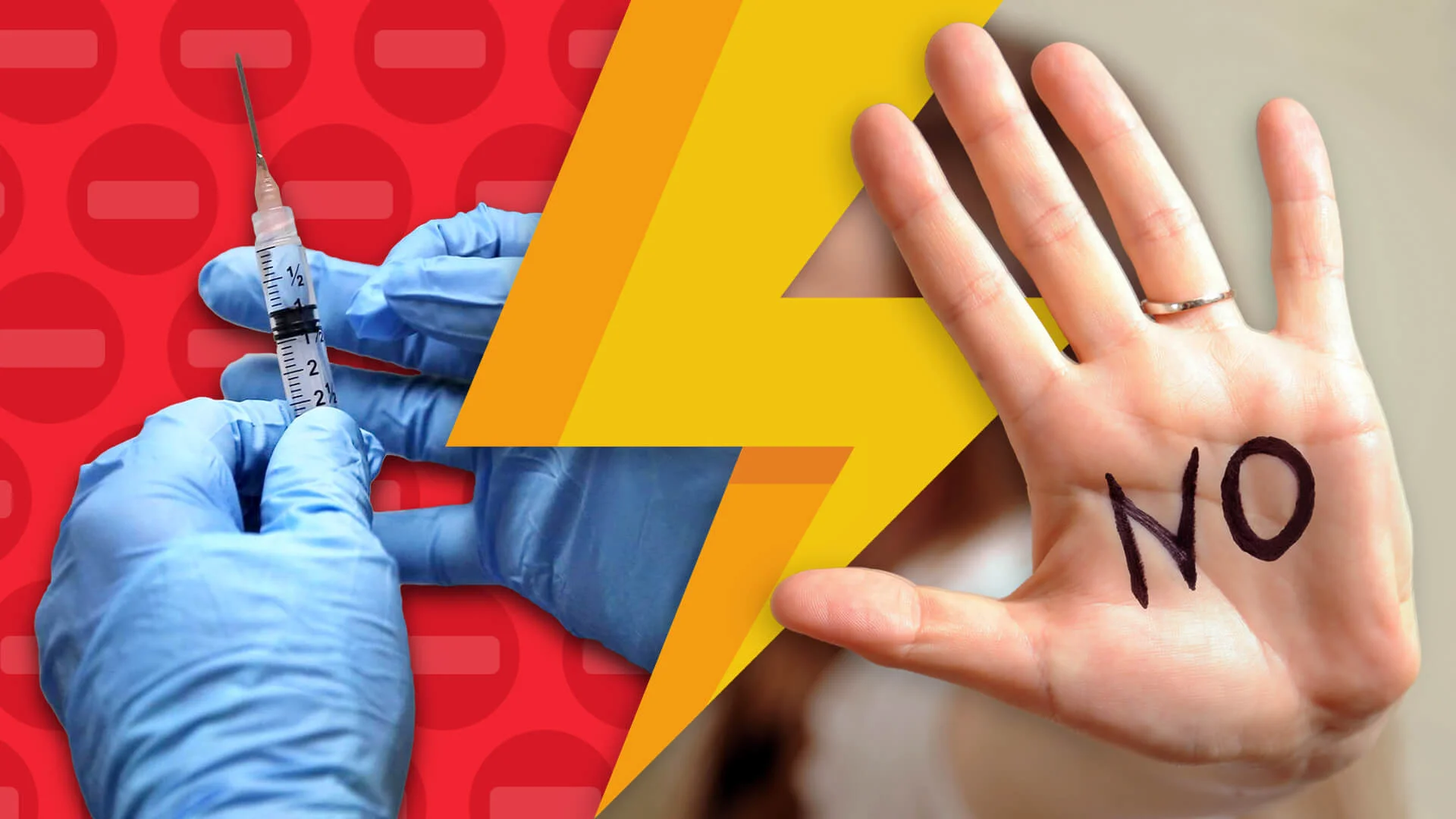Lightning Learning: Refusal of Treatment?
“What to do when patients are refusing life-saving treatment.”
What?
UK Law states: patients have the right to refuse treatment for their health (even if it seems unwise) if they have capacity to do so.
Capacity should be presumed until proven otherwise. It is DECISION-specific and it is DYNAMIC.
But what happens when a patient refuses life-saving treatment or to answer? It is reasonable to assume that the patient’s decision making process is impaired.
Why?
Decision making can be affected by emotional turmoil and other forms of mental illness (e.g. depression) therefore, it is important to be able to identify this on initial assessment and re-assess accordingly.
The law presumes capacity – but in such a situation where there is a very high probability of impaired decision-making, a SECOND OPINION should be sought.
How?
How to assess Capacity:
Can the person understand the information that is being provided?
Can the patient retain the information that is being provided?
Is the patient able to weigh up the decision?
Is the patient able to communicate this decision?
If NO to any of the questions above, record details of the discussion in the notes or on pro forma & treat under Common Law.
Question 3 is the most difficult. Use the following questions to help guide your assessment.
Questions to be asked:
Ask why the person is refusing to have treatment.
Check their understanding of likely consequences of refusing treatment (i.e. death or serious sequelae).
Ask how they have come to the decision and what things they have considered.
Ask about how they have been feeling recently: fed up, low, anxious, stressed?
Ask about contact with Mental Health services or use of mental health medication.
Recent contact with GP for stress/depression.
Assess if they have recently consumed drugs or alcohol in the last 24 hours.
If YES to any of the above, and you are concerned, GET A SENIOR OPINION!








